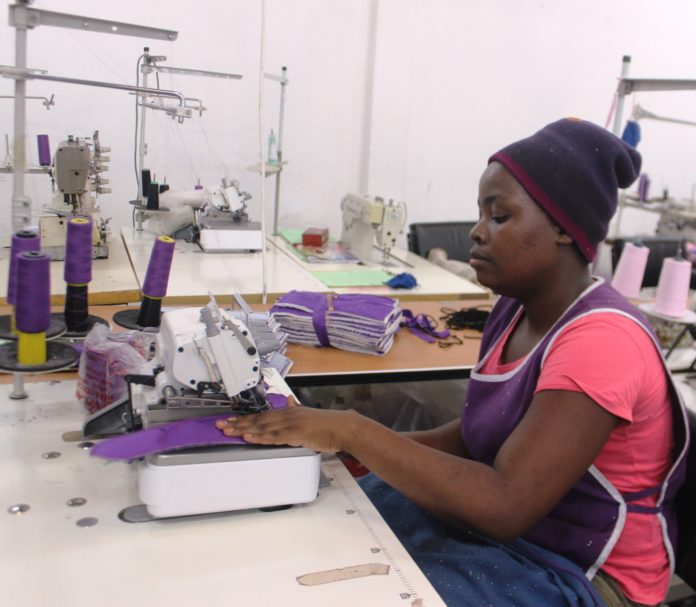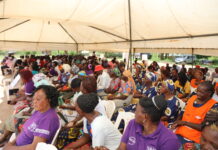By Lilian Museka
Nairobi, Kenya: When Joan Atipa first had her menstrual flow 4 years ago, she ran away from school as she could not understand what was happening. With the blood flowing through to her feet, she immediately reported the “strange disease” to her mother.
“My mother laughed at me, asked me to take a shower, provided me with some pieces of mattresses to stuff them. This is how I learned what menstruation was all about.”
For the next four days, Joan could not attend her classes as the flow was uncontrollable with the mattresses not doing much to stem the bleeding.
Fast forward, sadly Joan’s mother passed on while she was 17, dropped out of school, lured in an early marriage where she got pregnant at such a tender age.
“Life in Mukuru slums was unbearable and with an extra mouth to feed with no employment, I could hardly afford anything to eat. My husband later abandoned me, took off with another lady and was left alone to fend for my young one,” Says Joan adding that even affording pads for the now monthly flows was a nightmare.
Pauline Karochi, 25 left her matrimonial home following domestic violence from her husband of one year. “He could beat me till I got unconscious. One day, after a small difference, he slapped me; I fell down and pretended to be dead. He ran away and that’s how I got the opportunity to take off. I moved to Mukuru to leave with my cousin,” she adds.
With no job, Pauline fully depended on her cousin, a casual laborer in the nearby industrial area. Menstrual period days were a nightmare as she could hardly afford a single pad or even cotton wool.
“With no single cent to afford anything to prevent the flow, I could stay in the house all day. You cannot associate with people during this time, the flow might be visible! She exclaims.
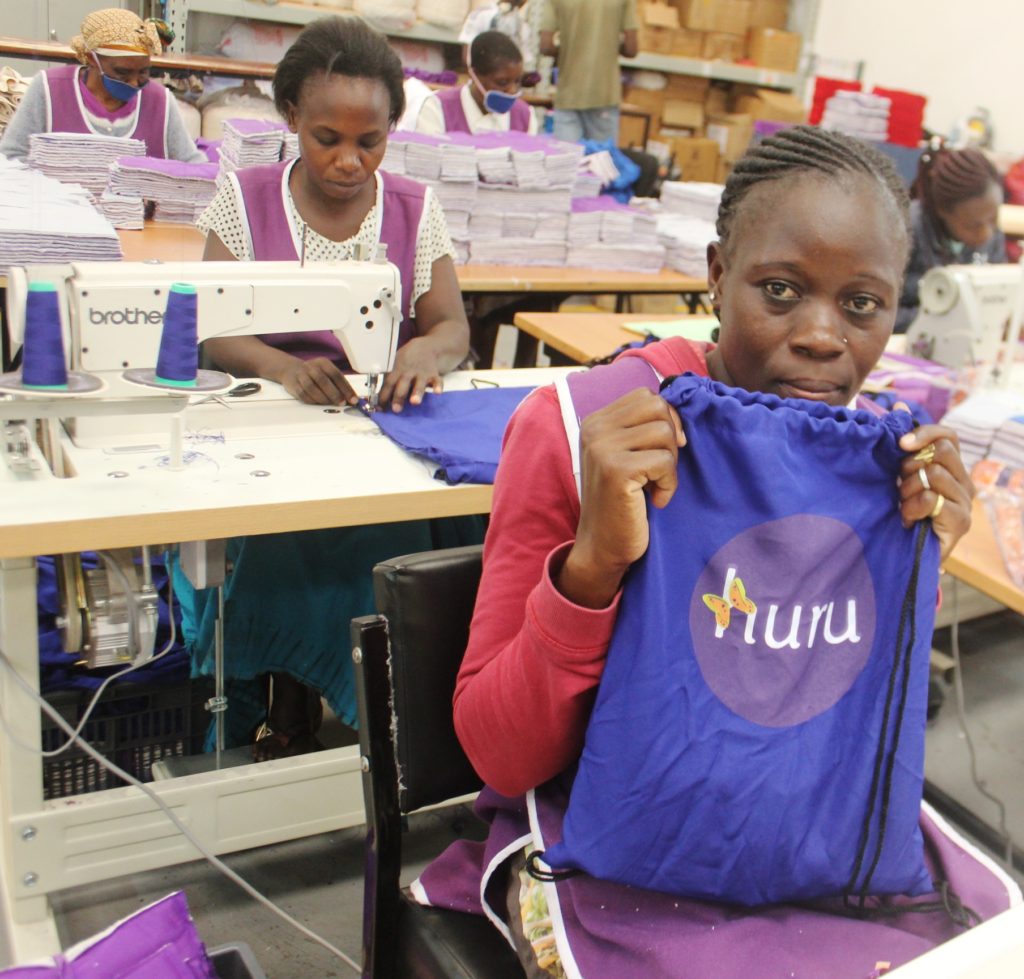
Menstruation is generally regarded as a top-secret women’s affair that is surrounded by taboos and myths from various communities.
Most affected are girls in slum areas who are forced to stay out of school during this period as they do not have the luxury of affording this essential commodity due to high poverty levels.
According to UNESCO worldwide, 131 million girls are out of school with up to 100 million of them being of high school age, with menstruation playing a major role. In some cases, girls simply don’t have access to sanitary products; in others, they face discrimination and stigma during their periods; in others still, they don’t have educational resources to inform them about safe, sanitary hygiene practices.
Data from Kenya’s Ministry of Education 2016 report shows girls from poor families miss 20 percent of their school days in a year due to a lack of sanitary towels. The data indicates that a girl in primary school between classes 6 and 8 can lose up to 18 weeks out of 108 weeks while those in high school can lose almost 24 weeks out of 144 weeks of learning.
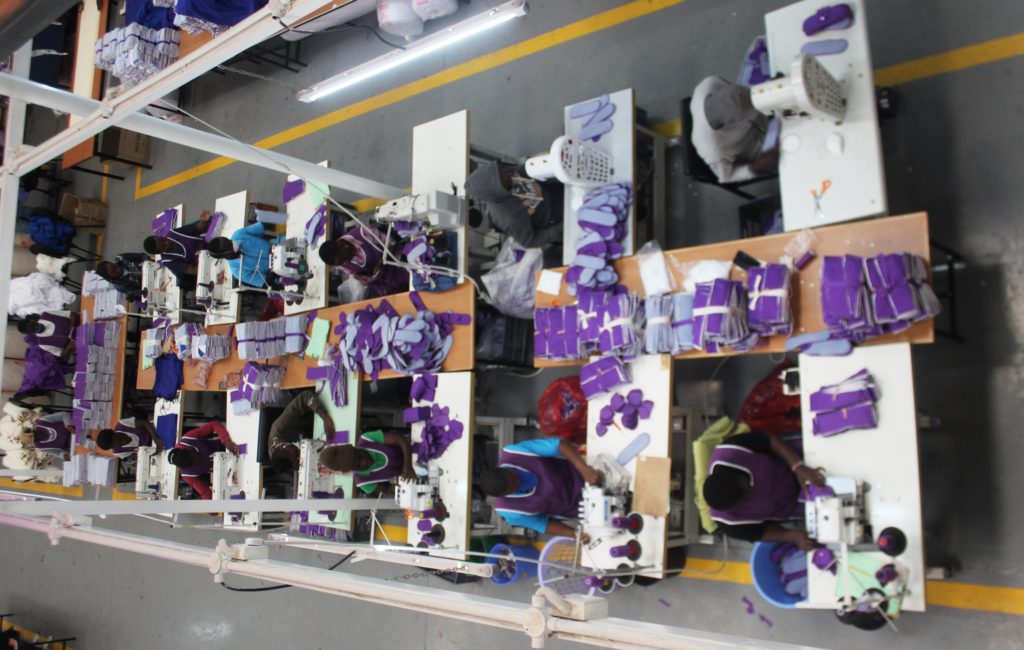
In 2017 president Uhuru signed into law the basic education amendment act that states “The government will provide free, sufficient and quality sanitary towels to every girl child registered and enrolled in a public basic education institution that has reached puberty and provides an environmentally sound mechanism for disposal of sanitary towels”.
Though the move was applauded by many, it dint live to its expectations as many girls still lack the essential commodity.
“Girls in slum areas have never had the privilege of being provided with the free pads. Most of them use unhygienic methods that could easily be health hazardous, says Velnah Morang’a, project officer at Huru International.
Established in 2008 to empower girls in the slum area, Huru provides reusable sanitary towels to vulnerable girls in the area. The organization has since produced over 1.3 million pads keeping in school over 175,000 girls as of 2018 in Kenya, Tanzania, and Uganda.
Morang’a says Huru’s founder Lorna Macleod was working on HIV prevention in the slum which has over half a million people with many living below the poverty line when she found that girls in the area faced challenges in managing their periods.
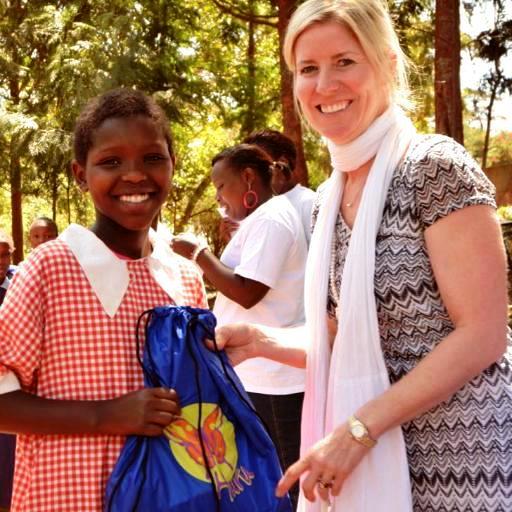
Photo: Huru Twitter courtesy
“Poverty levels in the area are so high, people face challenges in getting such things as medical care, clean water, electricity and congestion in housing. Lack of amenities such as toilets has also aided women and girl’s suffering in confidential managing their periods. This is what informed much of Huru’s work,” says Velnah.
Huru’s reusable menstrual pads are distributed in a kit containing eight pads, three pairs of panties, a detergent soap, a reusable bag for storing soiled pads with user instructions and educational materials focused on sexual and reproductive health and HIV/AIDS prevention.
Production Manager Mr. Francis Ohaga says the making of Huru pads involves purchasing high quality and tailor-made fabric. They are then cut into an absorbent towel like sheets, hand-trimmed to standard size then stitched to prevent the edges from fraying.
“Today we are able to produce up to 3,000 pieces per day but we have purchased new machines which will enable us to produce up to 6,000 a day depending on the demand. We have employed 70 workers and 23 students on internship, all of who are beneficiaries of our training program from the local community,” adds Francis.
While demonstrating how to use the pads, Velna says they are leak-proof, comfortable and guaranteed to last at least 3 years, making them cost-effective and environmentally friendly to disposables.
“Once the pads are used, they are placed in re-sealable bags. They are later soaked in cold water for 15 minutes to remove the blood, and then washed thoroughly with bar soap, rinsed while squeezing the water out. The clean pads are then hanged outside to dry and covered with a light cloth to keep off dust,” she says.
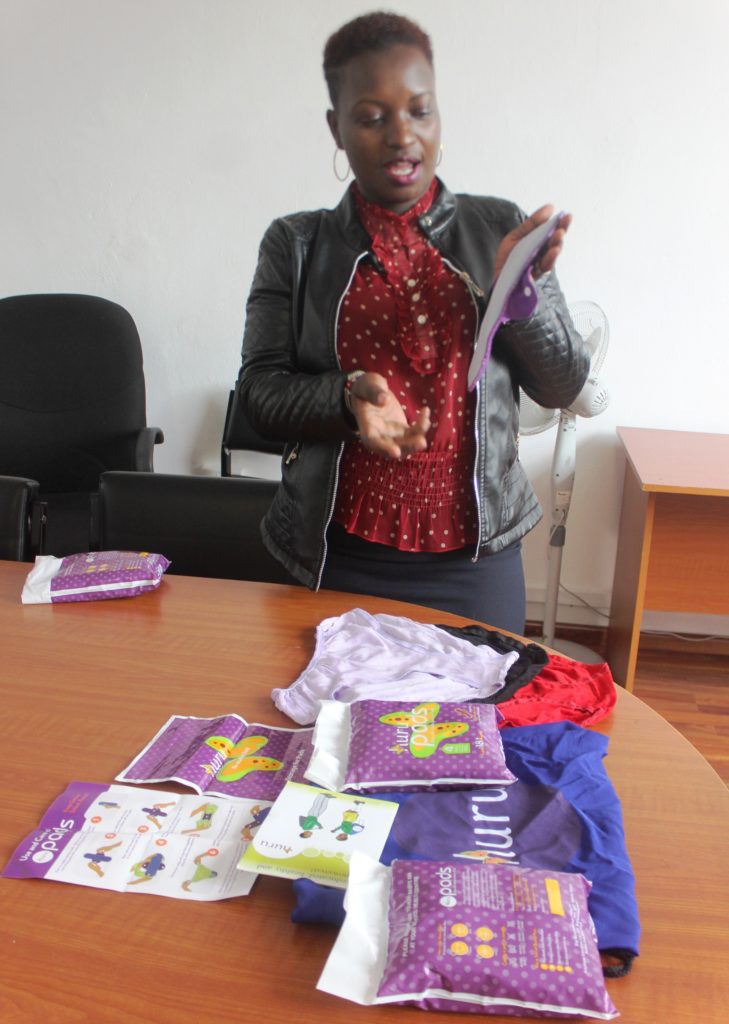
Velna says before the new pads are used for the first time, it is advisable for them to be washed and dried to remove any dirt that may cause infections.
Velna adds that due to poverty levels, girls are not able to afford the disposable pads and therefore opt for the reusable ones. “The cheapest disposable pad goes for Ksh 50. Many families have difficulties in raising that money even to place food on the table. They will definitely not be able to buy the disposable one,” she admits.
She adds the low purchasing power of people from slum areas due to poverty levels is a contributing factor in families being unable to buy this commodity for their girls and women. “Some of them end up using unhygienic means which may cause diseases. For school girls they are forced to stay out of school during this period,” she adds.
Huru International is fully funded and distributes the kits free of charge to school-going girls in specific regions as directed by funders. However, women who wish to have them can purchase at Ksh. 800 per kit.
“The amount may seem expensive but considering you will stay with them for up to 3 years, it is more affordable compared to the disposal ones which one has to keep purchasing every time. She encourages women to save and buy at least a kit that will last them a longer period,” she adds.
Huru International has also developed a skills transfer program to help address the staggering youth unemployment rates which have advertently affected young women. The program delivers practical sewing skills on an industrial scale production line.
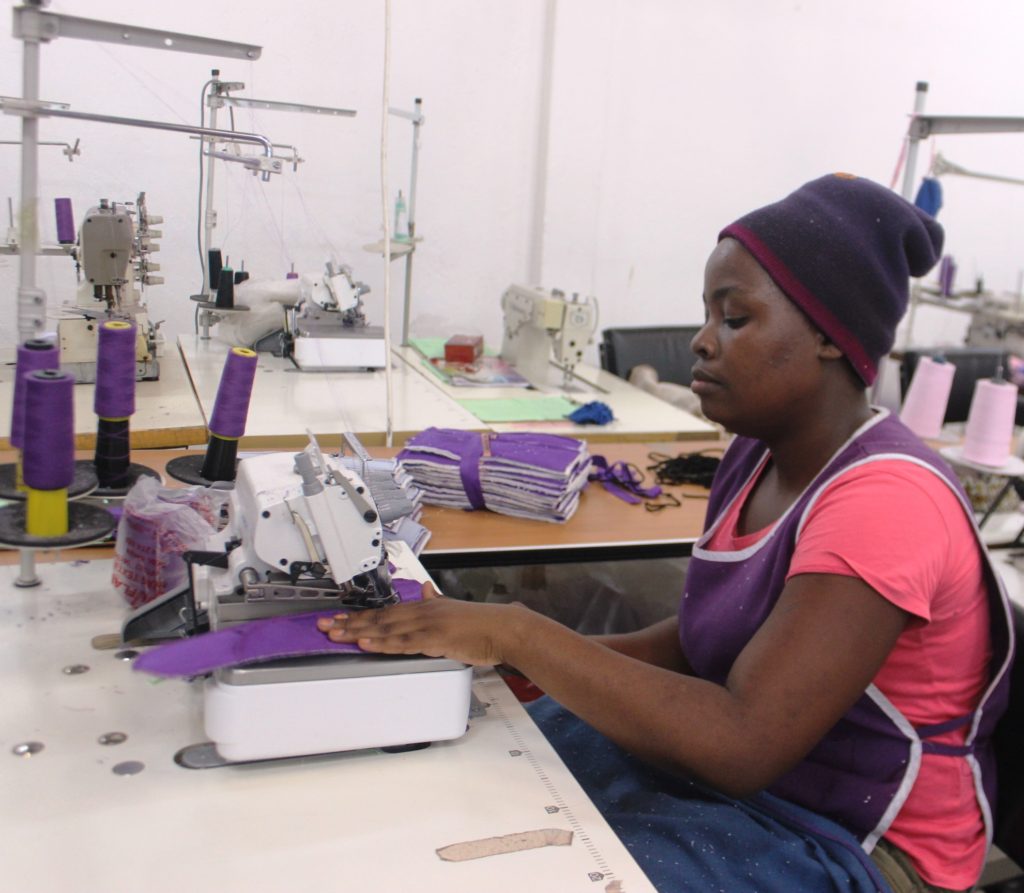
Trainees receive hands-on training that lasts for 8 weeks supplemented with lessons in business, finance, and sexual reproductive health. Upon completion of the course, they are examined by the National Industrial Training Authority (NITA) which provides them with a nationally recognized certification.
Joan, who is a beneficiary of the skills transfer program was lucky to have been selected during the recruitment, was enrolled in the skills transfer program and afterward, employed by Huru to make the reusable pads and uniforms. “I can now comfortably raise my child and give her quality education,” she happily says.
Pauline, also a beneficiary says the pads are warm, comfortable and long-lasting. She wishes to set up her own tailoring place in the future to also empower young girls who go through life challenges such as unemployment and violence.
Meanwhile, Velna is optimistic the government will soon have a comprehensive MHM policy covering the use of reusable pads so that they are able to reach out to many girls in schools. She envisions Huru reaching out to the rest of African countries to restore confidence and freedom for girls in schools.

